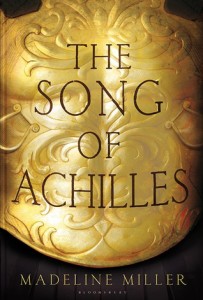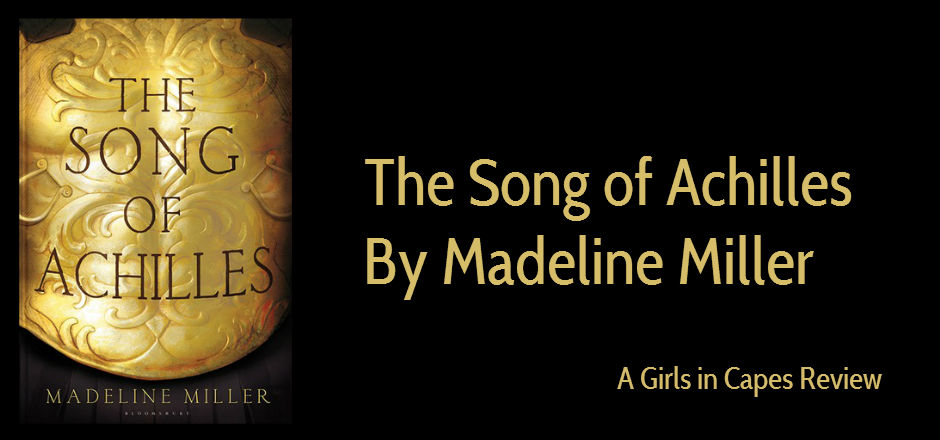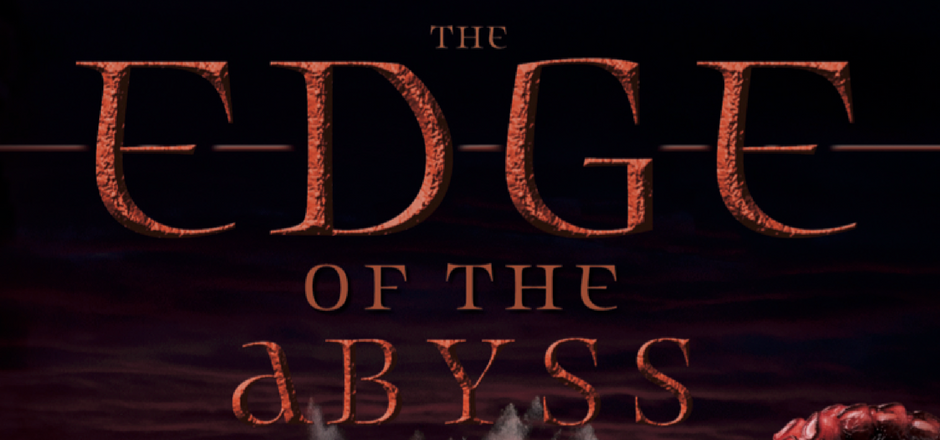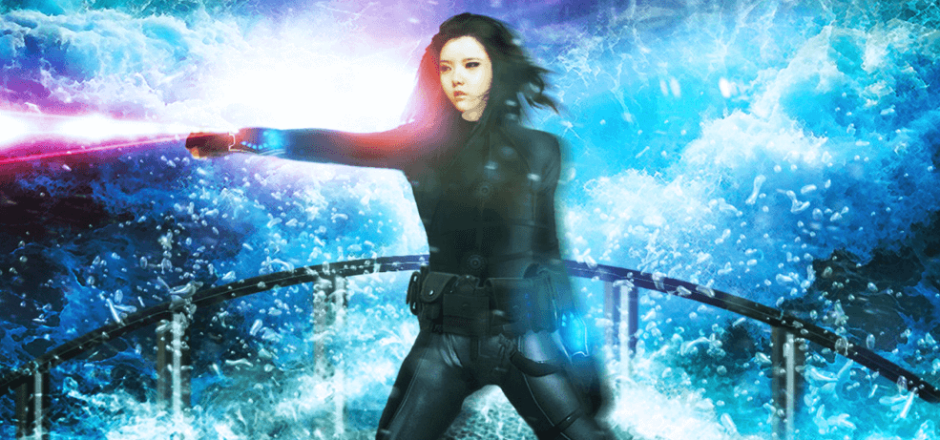Disclaimer: This book messed. Me. Up.
The Song of Achilles tells the story of Achilles, “the best [warrior] of all the Greeks,” through the eyes and words of his dearest friend Patroclus. Though, to be fair, ‘dearest friend’ is not quite accurate, nor does it give their relationship enough credit.
I’ll say this right out the gate: this is a love story between Achilles and Patroclus. There’s no ‘maybe’ or ‘possibly’ or ‘if you squint’ about it – these two are absolutely, positively starry-eyed for each other, and they form a real relationship that spans not just ten years of the Trojan War, but the years prior. In other words: it’s canon.
 Patroclus was once a prince, but after causing a severe accident involving another noble’s son, he’s exiled at a young age and sent to live in Phthia under the protection and care of its king, Peleus. Peleus apparently has a thing for harboring wayward boys who are sent away from their homes and exiled, so Patroclus isn’t the only one under Peleus’s wing. This becomes a problem for him once he meets Peleus’s son Achilles and becomes totally fascinated with the golden-haired prince that the gods say will become the best warrior the Greeks have ever known: he wants Achilles’s attention, but he doesn’t know how to get it with all these other boys around.
Patroclus was once a prince, but after causing a severe accident involving another noble’s son, he’s exiled at a young age and sent to live in Phthia under the protection and care of its king, Peleus. Peleus apparently has a thing for harboring wayward boys who are sent away from their homes and exiled, so Patroclus isn’t the only one under Peleus’s wing. This becomes a problem for him once he meets Peleus’s son Achilles and becomes totally fascinated with the golden-haired prince that the gods say will become the best warrior the Greeks have ever known: he wants Achilles’s attention, but he doesn’t know how to get it with all these other boys around.
Luckily for Patroclus, Achilles has an eye on him too, as he chooses Patroclus to be his therapon, his companion and brother-in-arms “sworn to a prince by blood oaths and love.” It’s a serious honor to be chosen as the prince’s companion, and though Peleus has his doubts about Patroclus’s ability to measure up to Achilles (because Patroclus is awkward and not that great at fighting or doing much of anything, whereas Achilles excels at everything he does), the two are thereupon bonded as friends and comrades in arms.
And from there, they and their relationship grow, and they do so beautifully.
Like I mentioned earlier, the book is in first person narration from Patroclus’s point of view, which makes the story all the more intense and real. As a result of this narration choice, one of the challenges writer Madeline Miller had to face is making sure the reader likes Achilles, because of course if Patroclus likes him then you should want to as well. And boy, does she succeed. Being in Patroclus’s head constantly and seeing how much he adores and admires and outright loves this other boy makes you root for the two of them every step of the way. And as a side note, if you know how the story of Achilles and Patroclus ends, this narrative choice just drives the devastation home in all new ways. Trust me, there should be a ‘do not read if you love yourself’ warning sticker on this one.
Conflict comes in two forms, the first being Achilles’s sea-nymph of a mother, Thetis, who takes a strong dislike to Patroclus the way you might take a dislike to an ant crawling all over a sandwich you’re about to eat. She sees his weak human nature and doesn’t find him worthy enough of her son, who’s half god and destined for greatness. There’s also the off-screen drama that eventually winds its way to our heroes and takes the form of the infamous Trojan War.
If you know anything about the Trojan War – either from reading The Iliad in high school or watching that really weird 2004 movie Troy with Brad Pitt playing Achilles (side note: they pulled the biggest “no homo” in that movie by making Patroclus Achilles’ cousin, so if you’re thinking of watching it after reading this book, don’t) – you know most of the key players: Helen, Paris, Agamemnon, Hector, Odysseus, and of course Achilles. Patroclus was there too, of course, but much less in the spotlight. The Song of Achilles brings everyone into the story, and you get to see these larger-than-life legendary characters interact with each other on a more human level.
It’s absolutely a character-driven story: the Trojan War itself is more or less a backdrop for further conflict and character development. It’s definitely not ‘just’ a war epic, though there are battle scenes scattered throughout. Achilles and Patroclus both really come into their own here, and during the war you learn more about the other characters as well: Odysseus is the vaguely intimidating uncle figure, Agamemnon’s a dick, etc.
It’s a coming-of-age story, but it’s also undoubtedly a love story. Achilles refers to Patroclus at one point as philtatos, which means ‘most beloved,’ and you absolutely see and feel that strong attachment throughout the book.
Did I cry at the end? Abso-goddamn-lutely. For 20 minutes. At 3 in the morning. I cried at least three times in the last 50 or so pages. I hadn’t cried that much or that hard over a book in eons, not even after reading the final Harry Potter book for the first time. It’s sticking with me forever, and I’m already starting to reread it.
All in all, The Song of Achilles has everything. It has heart and passion, and it runs the gambit on a whole range of emotions: happiness, ecstasy, anxiety, devastation, relief, etc. It takes these characters of legend and humanizes them so that, in the end, what you’re reading is a story about two boys who grow up together and fall in love, and your heart is aching for them every step of the way.
5 out of 5 stars
—
Gabby Taub, the Fantasy Reviewer at Girls in Capes, is a recent graduate of New York University. She enjoys reading, writing, watching TV, and spending time getting lost among the bookshelves at Strand Bookstore.
For even more soul-crushing love, check out more in our Shipping Issue.






